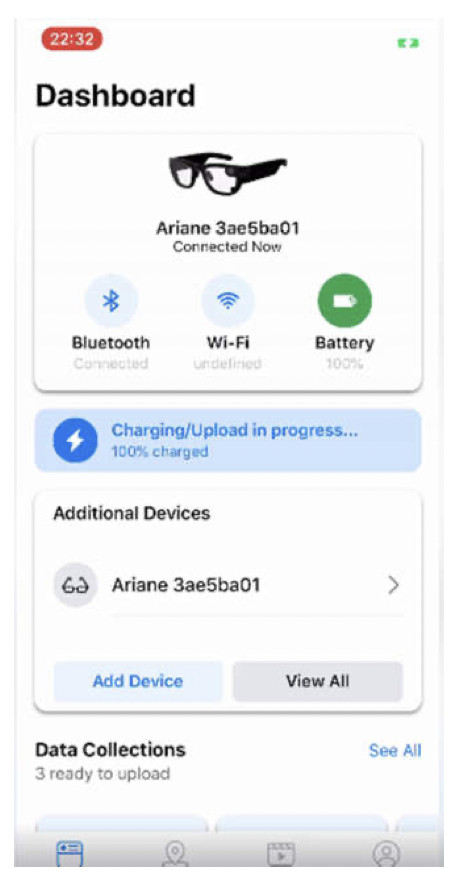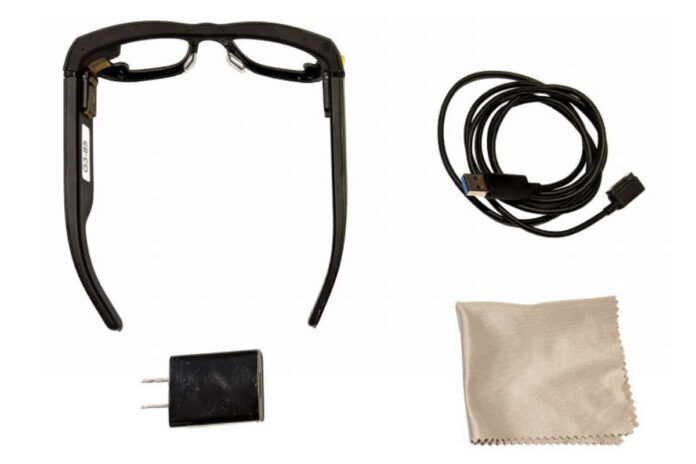Image courtesy: The Verge
A document posted to the FCC reveals details on Facebook’s experimental Project Aria AR glasses, codenamed Gemini (via Protocol). In September 2020, Facebook launched Project Aria, with a statement that was heavy on ambition but low on information — though it was obvious that the gadget existed to aid Facebook in its quest (pun intended) to develop a computer that sees and understands the world. Seeing the real headset’s instructions provides us a good sense of how it works.
The Gemini headset is similar to a genuine pair of glasses in some respects, but not in others: it can be fitted with corrective lenses if necessary, but you can’t fold the arms down or use it as a VR headset. And, of course, it has features that regular glasses don’t have, such as a proximity sensor, a Qualcomm processor, and, according to Protocol, the same camera sensors as the Oculus Quest 2.
The glasses are charged by a magnetic link akin to a Fitbit, which can also send data. A companion app is available for uploading data collected by the glasses as well as verifying the connection status and battery life. While the manual provides an intriguing glimpse into a project that Facebook hasn’t published much about, it isn’t up to date. The version accessible on the FCC’s website appears to be version 0.9 of the paper, dated August 28th, 2020 – it’s probable that Facebook has made some modifications in the last year or two.
According to Facebook’s Project Aria website, the glasses are not a commercial product. They are not serving as a test bed for anything that the entire public may eventually purchase. The manual’s numerous comments that the headset is an engineering product and is solely for usage by Facebook employees reinforce this. The headset is worn by researchers on campus and in public, according to the firm, however any data collected is anonymised, and the headgear includes a “privacy mode.”

While Aria will not be available in stores, Facebook does intend to release a separate set of “smart glasses” in conjunction with Ray-Ban. Facebook, like the Aria, promises they won’t really enhance your world with a screen, so it’s unclear what will make them smart at this time.


























